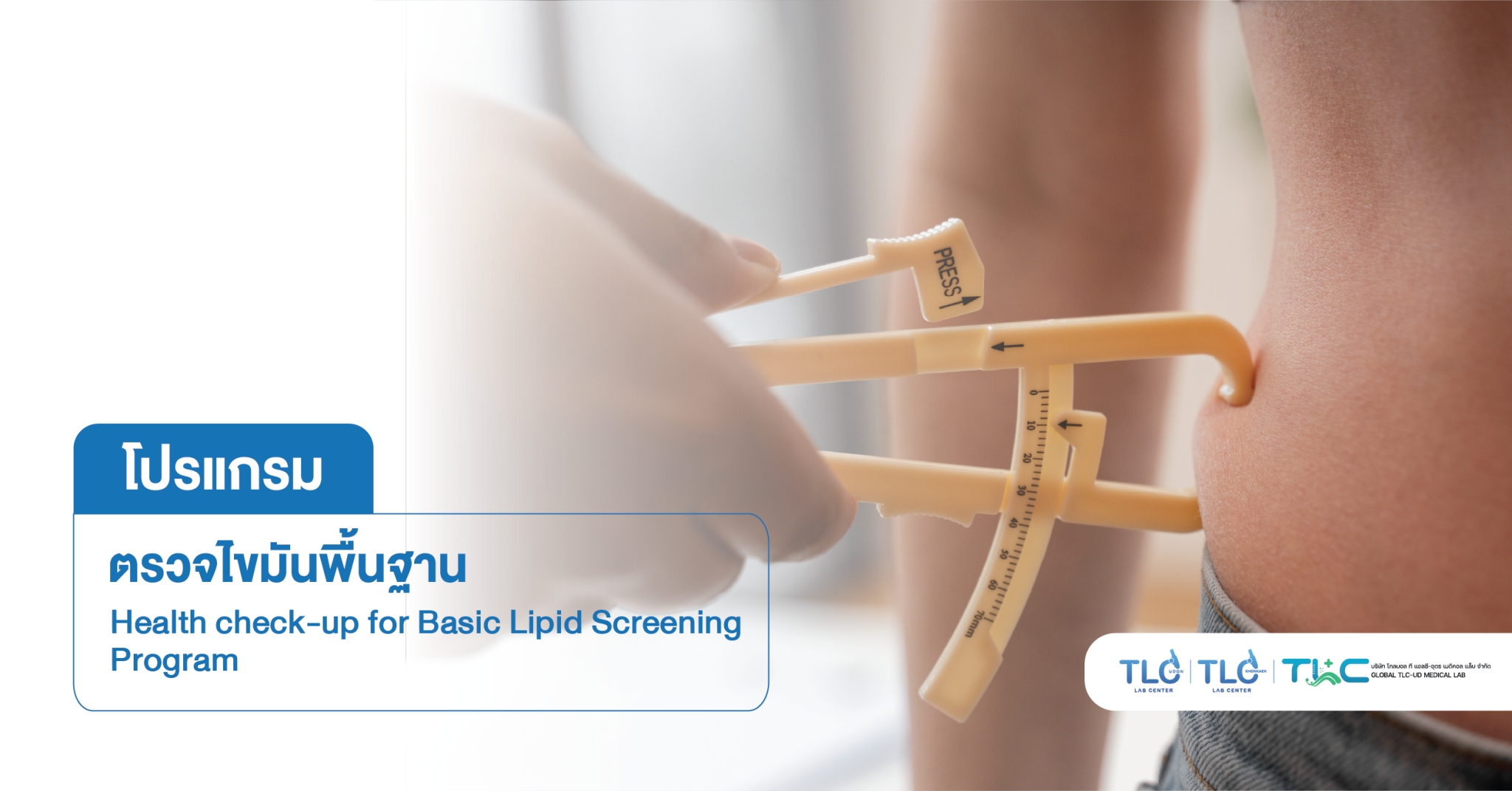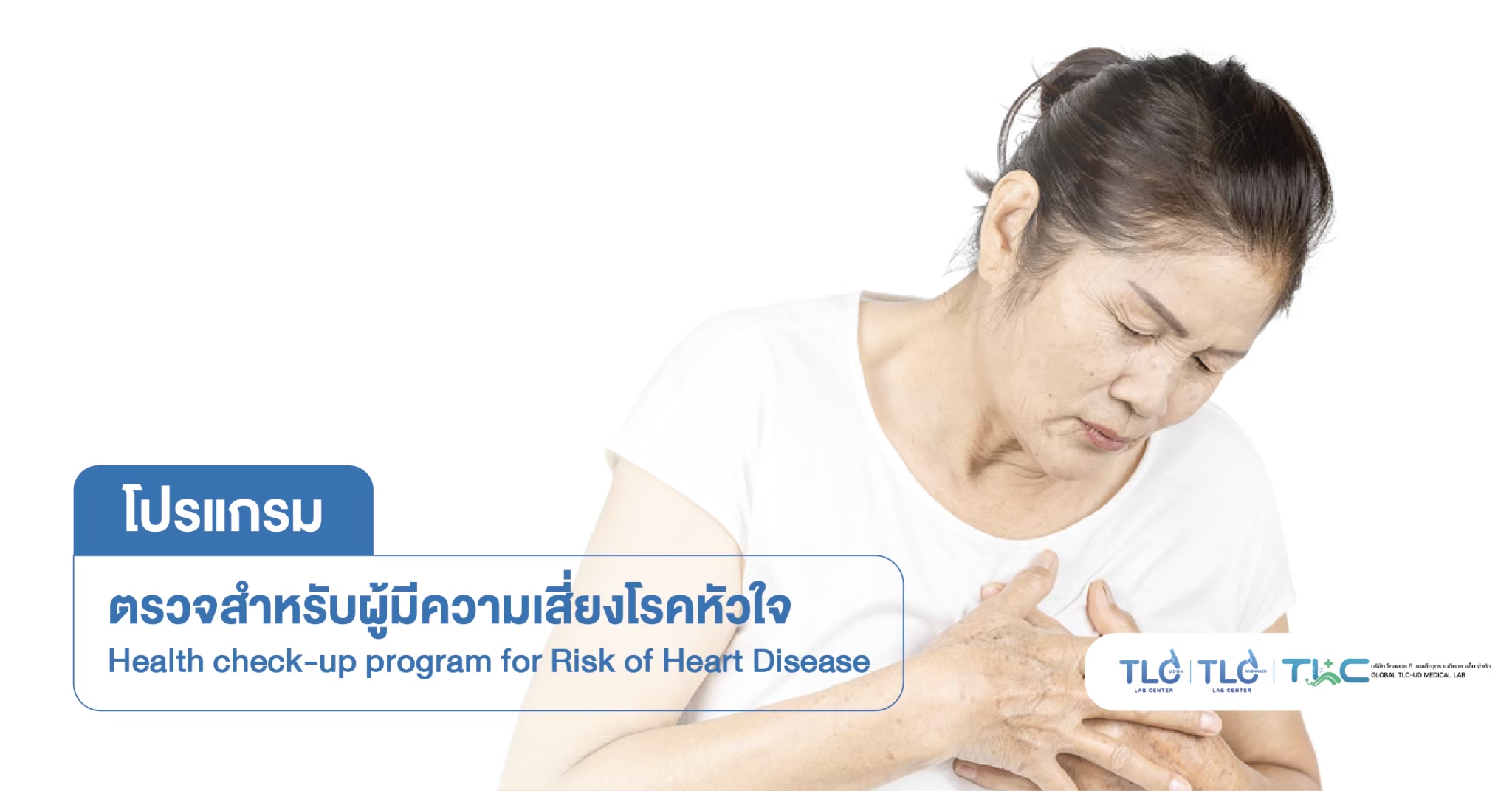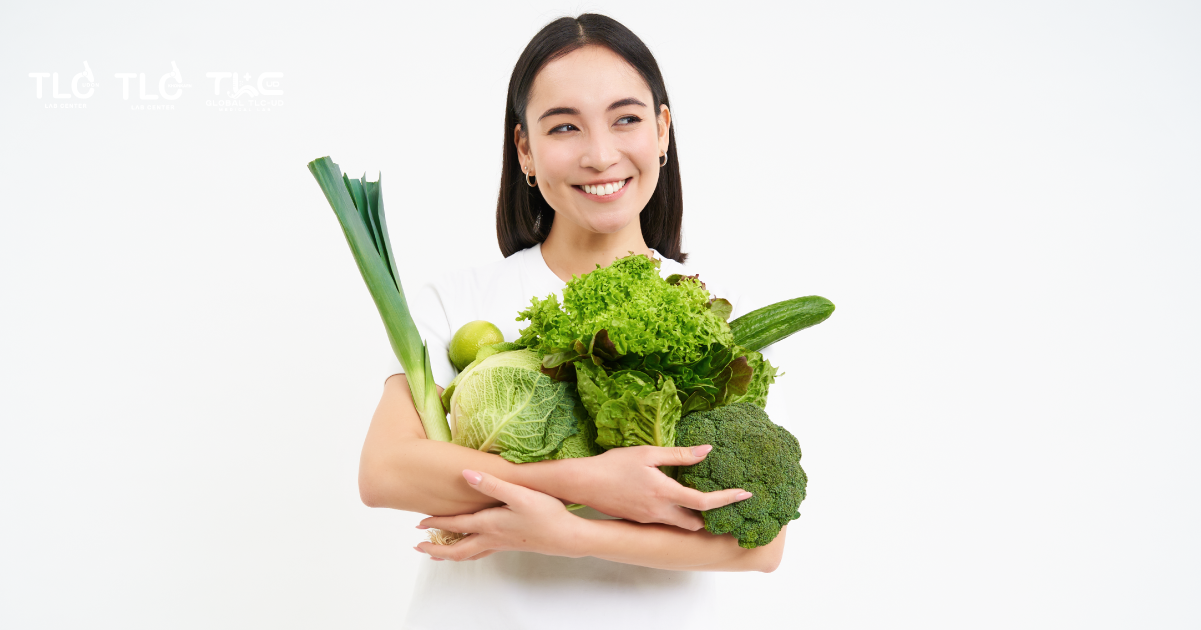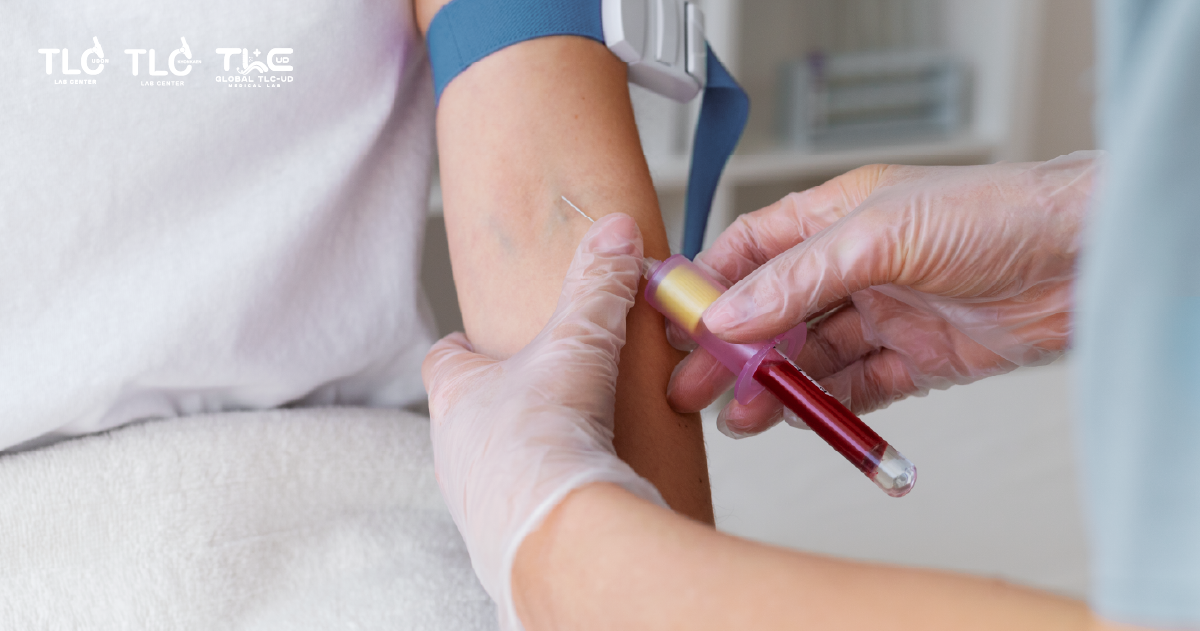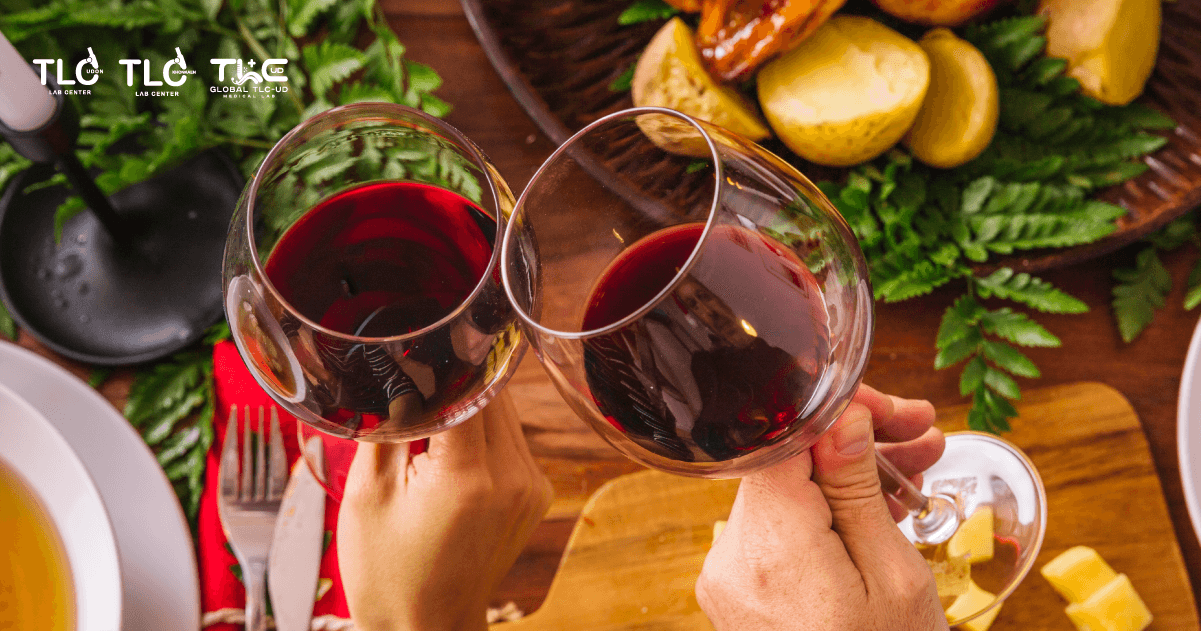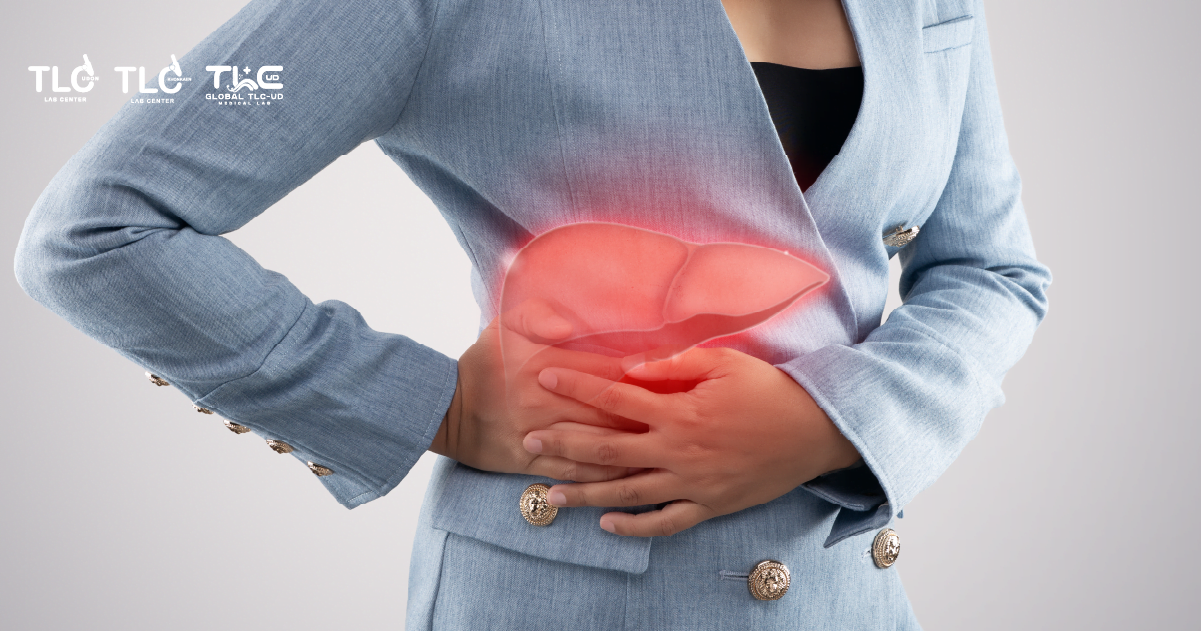Gastroesophageal reflux disease (GERD) is a disease caused by the reflux of gastric secretions, either acid or gas, back to the esophagus. Normally, the body will have some reflux of stomach acid up the esophagus, especially after eating. The esophagus is sensitive to acid, even if the amount of acid that goes back up is not more than normal.
Symptoms of acid reflux
Common major symptoms in GERD include:
- A burning sensation in the epigastric region in the middle of the chest, which usually occurs after eating fast food.
- Sour or bitter sensation in the mouth and throat.
- Food come back up into the mouth and throat.
- Colicky pain, abdominal distension in the epigastric region
In addition to these symptoms, Gastroesophageal reflux disease can also cause other symptoms, such as:
- Chest pain that is not caused by heart disease
- chronic hoarseness; voice change
- chronic cough without obvious cause
- Swallowing feels like a lump in the throat
- Oral symptoms such as tooth decay and bad breath
- Asthma that does not respond to regular drug treatment

How do we stop torturing ourselves?
Acid reflux is a disease that often comes and goes if the patient continues to have the same lifestyle habits, especially the diet that results in increased acid reflux symptoms.
Consequently, these are foods that patients with GERD should avoid.
- High-fat foods: Patients with GERD should refrain from high-fat foods such as fried foods, oily foods, chocolate, fast foods, foods high in saturated fat such as coconut milk, milk, butter, cheese and ice cream, and some meat fats, etc. This is because the fats from these foods combine with stomach acid, causing a tightness, tightness, or heartburn.
- Gas-rich foods: soft drinks, tea, coffee, soda, energy drinks. Spicy foods such as sour and spicy because this group of foods will stimulate the production of more gastric juice.
- Alcoholic beverages: Beer, spirits, wine, cocktails or alcoholic beverages of any kind stimulate the sphincter of the esophagus to open. As a result, stomach acid easily flows back into the oesophagus.
- Vinegar: It is classified as a seasoning that contains a lot of acid.
- Acidic fruits: oranges, grapes, lemons, tomatoes, pineapples, citrus juices.
- Fermented foods: fermented fish, pickled bamboo shoots, pickled lettuce, pickled fruit, compote
- Caffeine: Coffee and tea. Caffeine In tea and coffee stimulates the distal sphincter of the esophagus to relax. This makes it easier for acid to flow back up and accelerates stomach acid.
- Vegetables with a lot of acidic gas: raw onion, garlic, chili, pepper, shallots, because these vegetables will increase acid gas in the stomach.
Diet for patients with GERD
Low-fat protein foods: meat, fish, chicken, egg whites, low-fat milk or soy milk
High-fibre foods: whole grains, oatmeal, whole wheat bread. Fruits and vegetables for acid reflux should not contain a lot of acid. Instead, select bananas, watermelons, cantaloupe, apples, peaches, pears, avocados.
Drink ginger water regularly, because ginger is a hot herb that can help expel wind, help digestion, stimulate bowel function, help reduce bloating or excess acid and gas in the stomach.
Foods containing good fats: High-density lipoprotein (HDL) is cholesterol that is beneficial to the body. Responsible for eliminating bad cholesterol i.e. Low-Density Lipoprotein (LDL), eating foods full of good fats helps to expel bad fats, which is harmful to acid reflux symptoms. Sardines, omega-rich fish oils and oils that provide unsaturated fatty acids, such as olive oil, sunflower oil, rice bran oil, peanut oil, etc.
Vegetables low in fat and sugar: green leafy vegetables, broccoli, asparagus, cauliflower, potatoes green beans, cucumbers
Fruits for acid reflux: watermelon, cantaloupe, melon, apple, peach, pear or other sweet fruits that do not have a sour taste.
Banana: It is a fruit that is beneficial for people with GERD because bananas help reduce stomach pain and contain serotonin that inhibits the secretion of gastric juice and stimulates the small intestine to contract more, thus helping to heal stomach and gastrointestinal ulcers.
Now that we know the right food choices for people with GERD, we can know what foods are suitable for people with GERD. We will need to chew food thoroughly to help the stomach function effectively. Do not eat too much, and after eating, leave a period of 3-4 hours before going to bed to allow the stomach to digest food.




